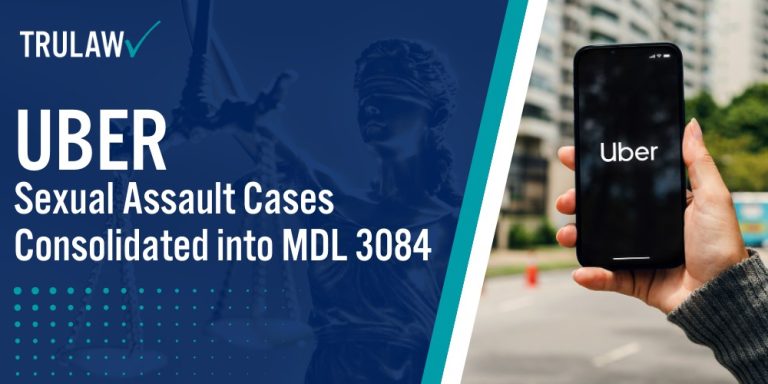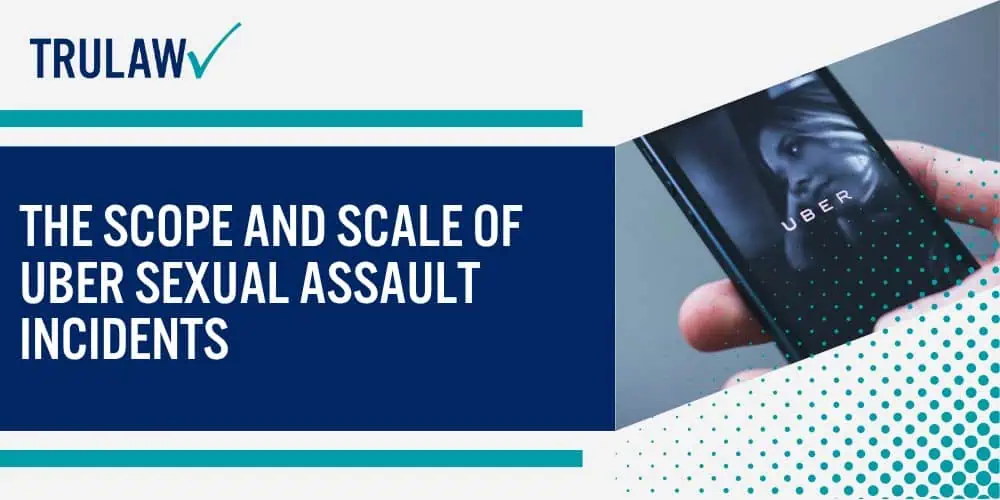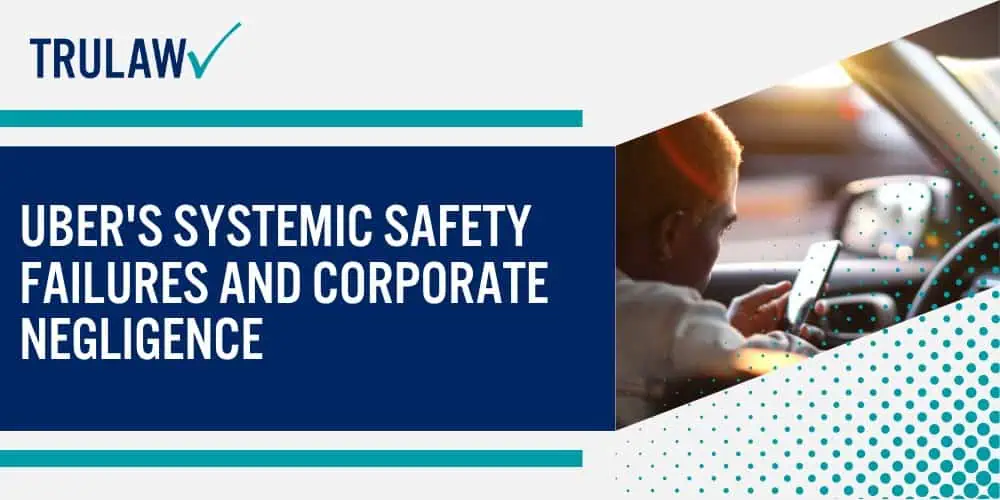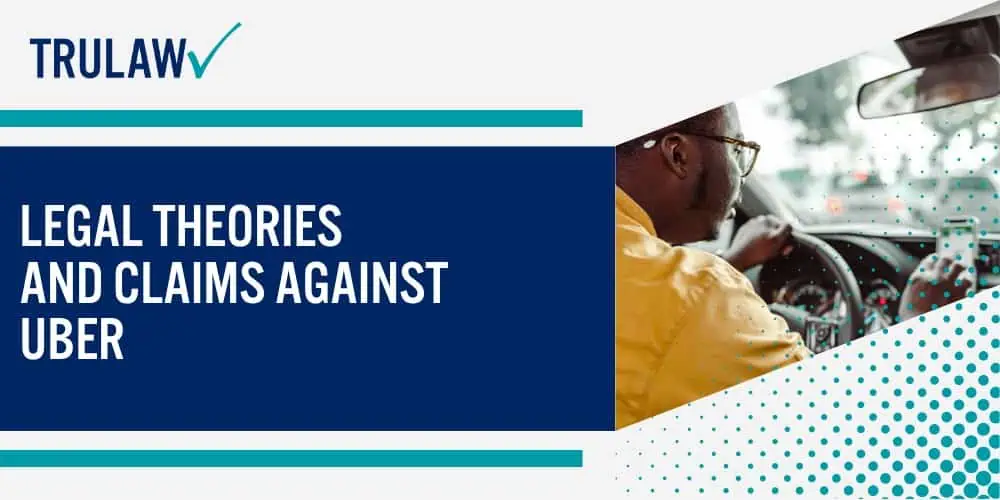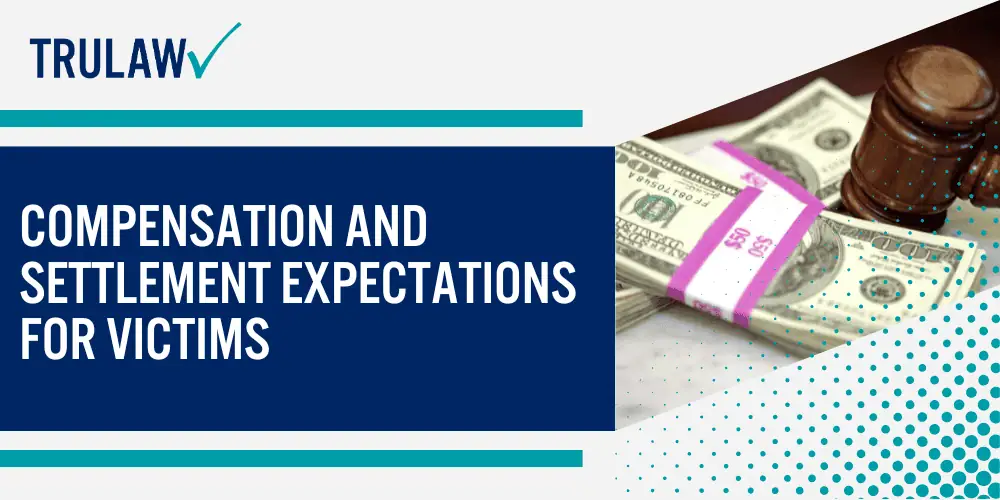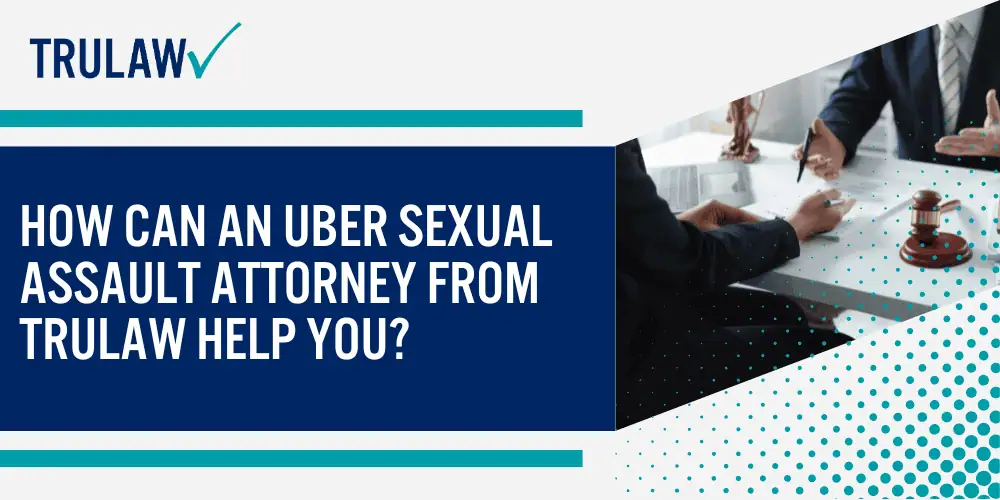The Judicial Panel on Multidistrict Litigation’s creation of MDL No. 3084 represents a watershed moment for survivors seeking to hold Uber accountable for its alleged pattern of prioritizing growth over passenger safety.
This mass lawsuit brings together federal cases from multiple jurisdictions, creating a unified legal front that challenges Uber’s business model and its systematic disregard for foreseeable sexual assault risks.
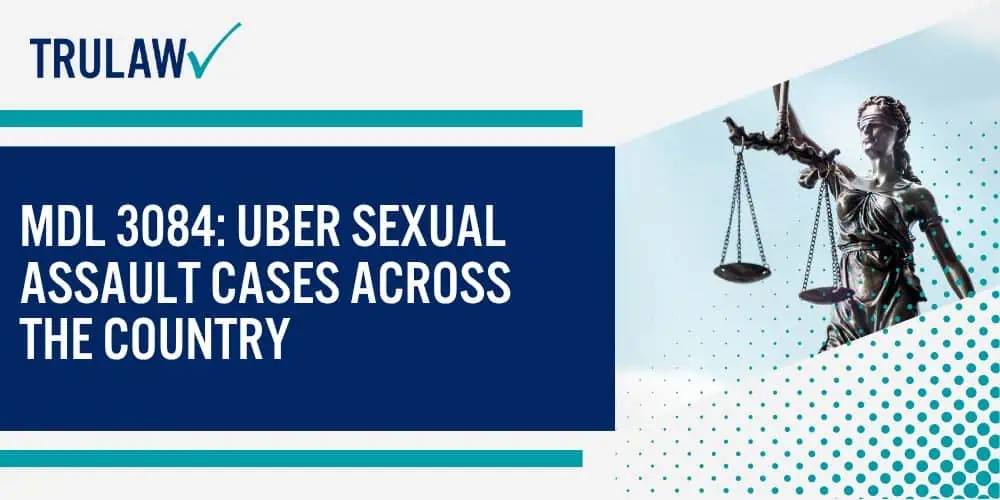
The MDL structure enables efficient coordination of these Uber lawsuits while preserving each plaintiff’s individual claims for compensation.
What is an MDL and How Does It Work for Uber Sexual Assault Victims
Multidistrict litigation differs fundamentally from class action lawsuits by maintaining each plaintiff’s separate case while coordinating common pretrial proceedings for efficiency.
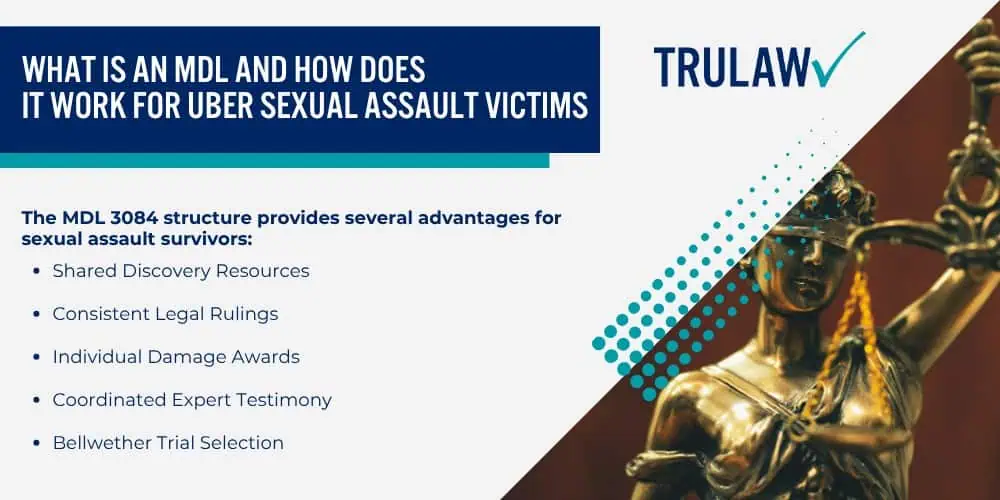
The MDL 3084 structure provides several advantages for sexual assault survivors:
- Shared Discovery Resources: All plaintiffs benefit from combined efforts to uncover Uber’s internal documents, safety studies, and driver complaint histories that individual cases might not access
- Consistent Legal Rulings: Judge Breyer’s decisions on common legal issues apply across all cases, preventing contradictory rulings that could weaken claims
- Individual Damage Awards: Unlike class actions, each plaintiff maintains their right to individualized compensation based on their specific injuries and circumstances after they sue Uber
- Coordinated Expert Testimony: Plaintiffs share costs for expert witnesses on safety standards, psychological trauma, and corporate negligence
- Bellwether Trial Selection: Test cases chosen for early trials establish precedents and settlement benchmarks for remaining cases
The Master Long-Form Complaint serves as an administrative device summarizing common allegations while individual short-form complaints preserve case-specific details.
This dual-pleading structure allows the court to address systemic issues efficiently while respecting each survivor’s unique experience.
Current Status and Timeline of the Uber Sexual Assault MDL
Judge Breyer’s August 15, 2024 ruling marked a pivotal development in the MDL proceedings, with the court allowing multiple theories of liability to proceed while dismissing others with leave to amend.
The court’s rulings established the following framework for moving forward:
- Preserved Claims: Negligence theories including negligent hiring, retention, and supervision remain viable across all jurisdictions, making Uber legally responsible for certain failures
- California Victories: Vicarious liability under respondeat superior and common carrier theories survived dismissal motions despite what Uber claims about independent contractors
- Texas Limitations: The state’s TNC statute bars most vicarious liability unless plaintiffs prove gross negligence by clear and convincing evidence
- Dismissed with Leave to Amend: Fraud claims, ratification claims, and product liability claims can be refiled with additional allegations
- Punitive Damages Allowed: The court found sufficient allegations of malice and gross negligence to support punitive damage claims
A case management conference scheduled for August 29, 2024, addressed timelines for amended pleadings and the path toward the first bellwether trial.
The court emphasized that MDL procedures do not excuse plaintiffs from standard pleading requirements, requiring case-specific allegations for certain claims.
If you or a loved one experienced sexual assault during an Uber ride, you may be eligible to join the MDL proceedings.
Contact TruLaw using the chat on this page to receive an instant case evaluation and determine your eligibility for the Uber Sexual Assault MDL today.
